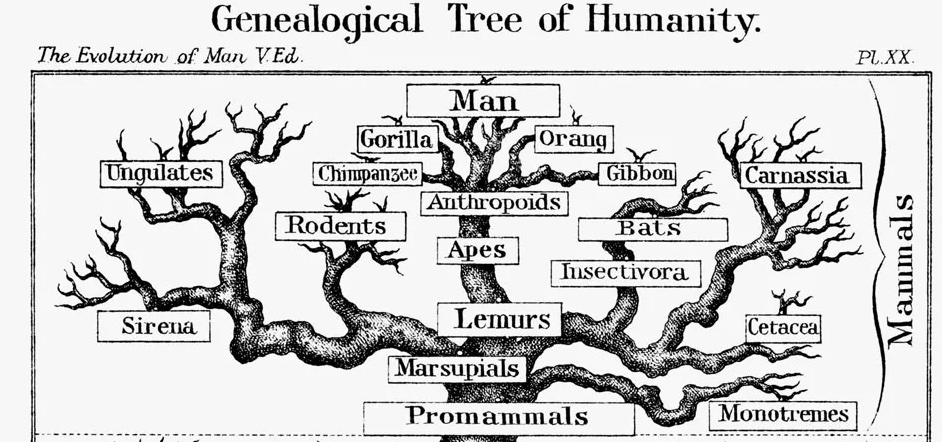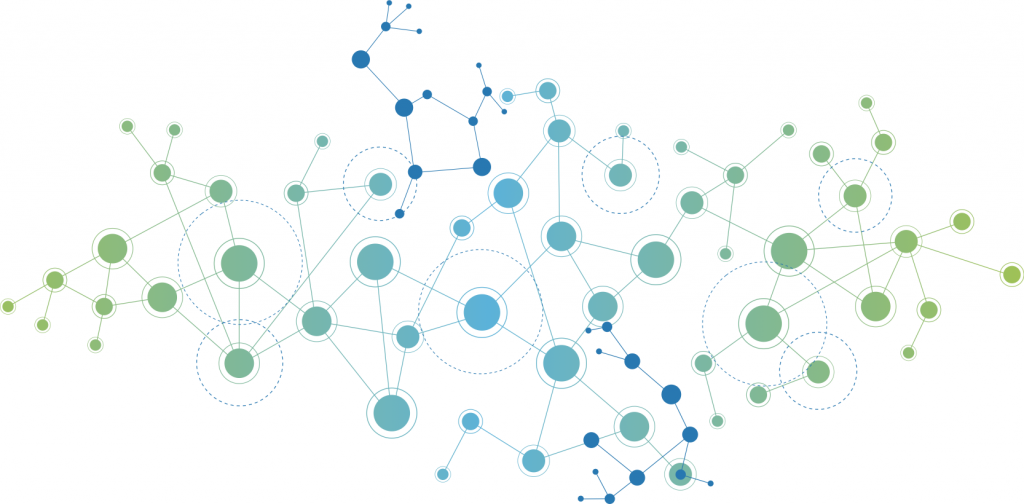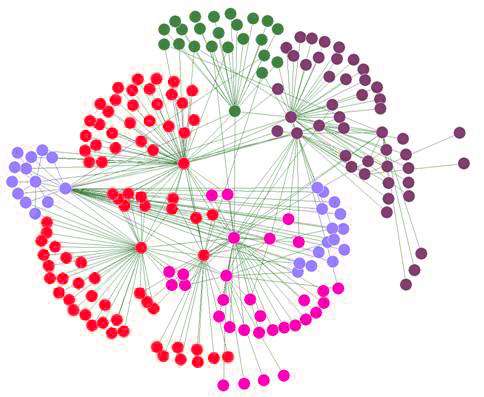
- Teacher: Joel Sweek


















Considers the relationship between body and power, in global consumer cultures, the gendering and, objectification of bodies, and the, commodification of bodies in looksist societies., Raising awareness of body politics in the, counseling process is reviewed to promote, individual and relational wellbeing.
Considers the relationship between body and power, in global consumer cultures, the gendering and, objectification of bodies, and the, commodification of bodies in looksist societies., Raising awareness of body politics in the, counseling process is reviewed to promote, individual and relational wellbeing.
Evidence-based approaches to treating eating, disorders, including Cognitive Behavioral, Therapy, Dialectical Behavior Therapy, Radically, Open Dialectical Behavior Therapy, Acceptance and, Commitment Therapy, Interpersonal Psychotherapy, and more.
Nutritional aspects in the treatment of eating, disorders. Nutritional rehabilitation for, underweight clients. Nutritional therapy,, intuitive and mindful eating.
Nutritional aspects in the treatment of eating, disorders. Nutritional rehabilitation for, underweight clients. Nutritional therapy,, intuitive and mindful eating.
Disordered eating and eating disorders in children. Family therapy treatment strategies, including the Maudsley method and other, approaches. How to foster healthful eating in, families.
Disordered eating and eating disorders in children and adolescents Family therapy treatment strategies, including the Maudsley method and other approaches. How to foster healthful eating in families.
Explores the interdisciplinary field of
scholarship that explores best practices in
working with transgender and gender diverse
clients (TGDCs) experiencing eating disorders
and/or disordered eating (Eds/DE). This course
will also include an introduction to understanding
the intersections of TGDCs, neurodivergence and
EDs/DE. Ultimately, this course will explore the
prevalence of EDs/DE in transgender communities,
address gaps in current models based on cisgender
populations, and provide TGD and neurodivergent
affirming considerations that reduce barriers to
care, and increase and provide ethical, competent,
and gender-affirming care for all gender diverse
clients.